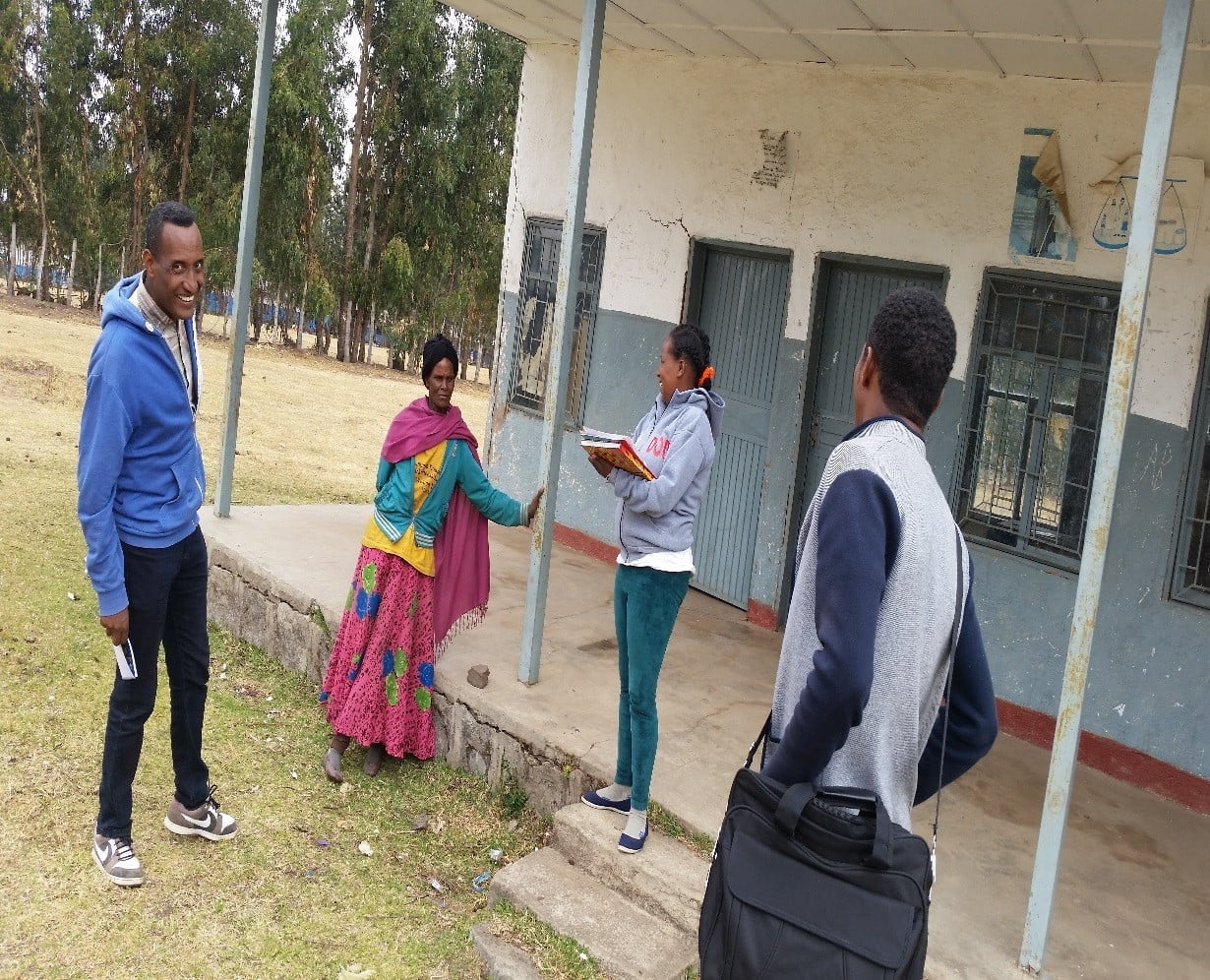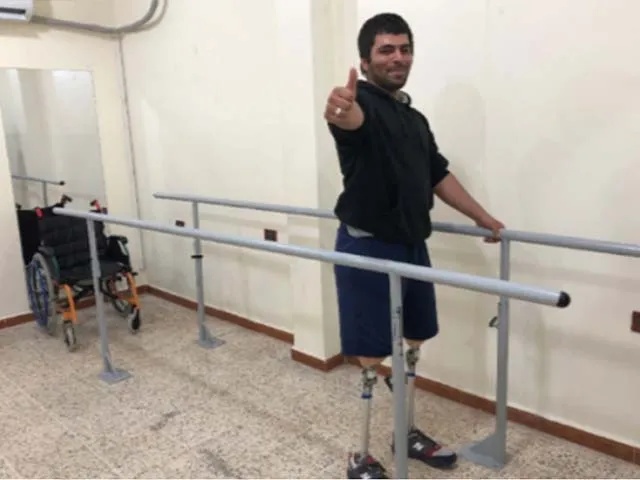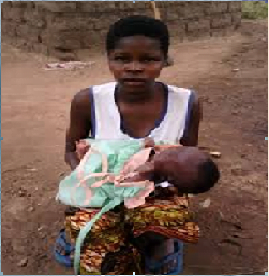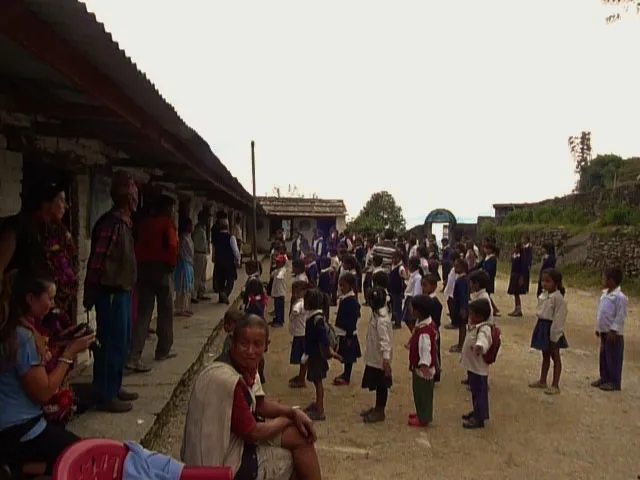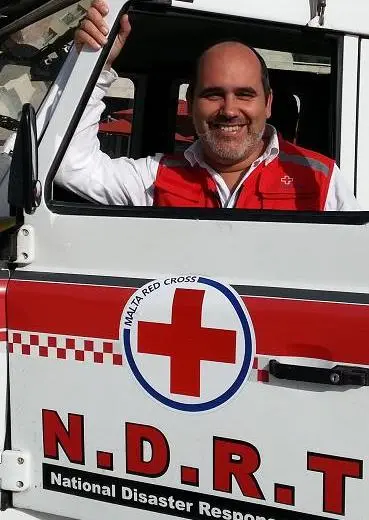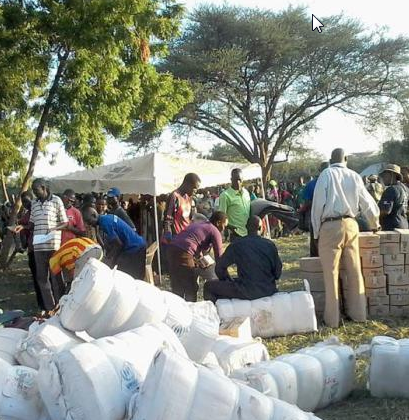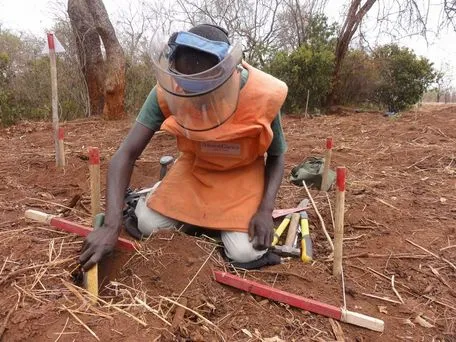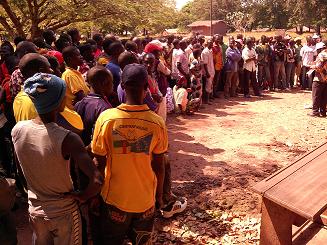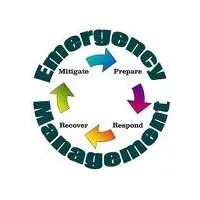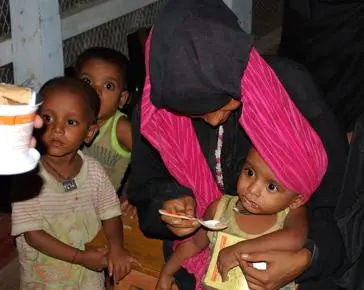
Flooding is an important risk throughout the UK with disastrous consequences, including psychological and physical effects; children are especially vulnerable. Recovery and even human recovery is a key part of the disaster management cycle. However, in the UK there is little evidence of specific support being provided to children following flooding. As a result, the principal research question in this dissertation is:
What is the role of the British Red Cross in national recovery activities supporting children following a flood?
By reviewing critically the broader literature, it has been possible to identify the value of psychosocial support. Two case studies were then examined to explore the knowledge and experience of the Red Cross in providing psychosocial support to children, as part of recovery activities around the world. As a result, research implications were explored and findings were highlighted, and discussed.
The research indicates that there was a gap in the provision of services to support children following flooding. Key findings include the need for a comprehensive approach across departments of the Red Cross to address the gap. There was also value in developing guidance and material concerning psychosocial support for children following flooding
Findings
The review revealed several findings which are summarised below:
- There is little communication between Red Cross’ departments to work together on addressing the lack of support provided to children following a flood. As a result, the British Red Cross capabilities and its contribution following a flood incident are not clearly articulated including the understanding and supporting of children’s needs;
- Psychosocial support is embedded within all activities of the British Red Cross. There is also evidence of psychosocial support activities being developed mainlyfor adults within the Emergency Planning and Response. However, more should be done in relation to children and young people;
- The Youth and Schools department delivers a disaster and emergencies module on a regular basis according to the curriculum; preparing individuals to cope and withstand with crisis, using the theme of disasters as the stimulus. However, within the British Red Cross, there is little focus on the activities proposed to be delivered specifically following an emergency to help children recover. In fact, the literature suggests that as recovery is achieved, there is potential to develop and build greater community resilience for the next incident;
- Within the Red Cross it appeared that there is little advice or guidance on setting up recovery activities, including how to support, and engage with, children following a flood. Moreover, there is a lack of activities and material designed for children that could be used in the short term aftermath of the disaster to entertain children. There are also few activities or materials developed for teachers or educators, to support children in emergency settings to help them adjust to loss and trauma;
- The Youth and Schools department’s resources are cross-curricula and suitable for both primary and secondary-aged pupils. Although, it is apparent this department is a key stakeholder in developing activities to support children recovering from a flood, it seems that they have little expertise, both in developing material and psychosocial activities for young children under 7 years of age (primary school/pre-school) who are among the most vulnerable people
Recommendations
- Explore with relevant British Red Cross departments especially Emergency Planning and Response, Youth and schools and International, our capabilities for recovery work to support children in emergencies, with an emphasis on psychosocial support. A comprehensive approach across different departments to address the gap is valuable.
- Produce a framework for children’s recovery that will allow the development of a British Red Cross UK offer that is, nationally quality assured and locally tailored. EP and R lead with input from Youth and Schools.
- Promote British Red Cross national recovery work i.e. on the website, similar to our international recovery work.
- Build relationships with local psychologists and educational psychologists to facilitate future intervention.
- Create a bank of resources – sharepoint – to gather local initiatives implemented to support children after flooding. This will facilitate sharing and learning from experience.
- Develop new materials including:
- Create guidance on how to engage with children in psychosocial support during recovery activities following an emergency (EP and R lead with Youth and Schools input).
- Create a leaflet (or any other medium that will be considered appropriate) for parents, explaining children’s needs and some common reactions following a disaster, especially flooding (EP and R lead suggested with Youth and Schools input)
- Create a leaflet (or any other medium that will be judge appropriate) for children, explaining parents’ problems and some common reactions following a disaster, especially flooding (Emergency Planning and Response lead suggested with Youth and Schools input)
- Review the teachers’ briefing to include information about dealing with children in emergency settings, especially flooding (Youth and Schools lead suggested)
- Create a set of educational resources for teachers to support children in adjusting to loss and trauma: templates for activity – locally creating their own
- consider the „anti-coloring book? concept
- Consider assembling together play and recreational kits so that they will be available in rest and reception centres.
- Actively seek new partnerships e.g. liaise with Save the Children to fill gaps in expertise in creating materials and activities targeted for young children (under 7 years of age)
Final conclusions and recommendations
It is intended that this report should highlight the main gaps in providing support to children following flooding, so that practitioners can enhance their knowledge, and have more evidence, to help them in the decisions that they must make concerning the provision of psychosocial support for children following flooding.
Nevertheless, practical changes could make a direct improvement to the ways in which children and young people up to secondary age are supported following a flood in the future. The following suggestions for action could also benefit if applied to other types of disaster.

